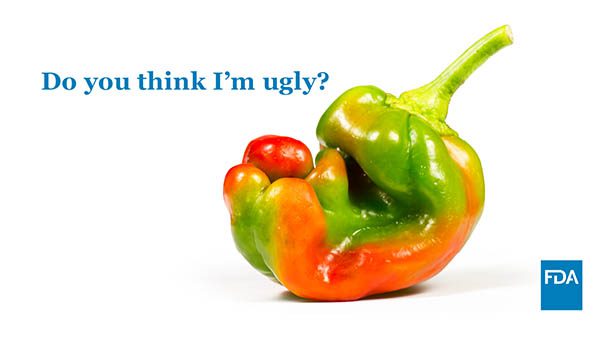SILVER SPRING, Md., May 30, 2024 /PRNewswire/ — The U.S. Food and Drug Administration announced today the signing of a formal agreement with the U.S. Department of Agriculture (USDA) and the U.S. Environmental Protection Agency (EPA) to renew their Federal Interagency Collaboration to Reduce Food Loss and Waste (FIFLAW). Additionally, the U.S. Agency for International Development (USAID) joined the collaboration as an important federal partner that has an international reach in reducing food loss and waste, marking a significant expansion of the federal collaboration.
Secretary of Agriculture Tom Vilsack, EPA Administrator Michael S. Regan, FDA Commissioner Robert M. Califf, M.D., and USAID Administrator Samantha Power signed a formal agreement renewing and enhancing the collaborative effort.
“The FDA is committed to achieving the goal of a 50% reduction of food loss and waste by 2030 through a whole-of-government approach in collaboration with the USDA, EPA and USAID,” said FDA Commissioner Robert M. Califf, M.D. “We also recognize the role that empowered U.S. consumers can play in helping to reach the national food waste reduction goal. We encourage consumers and retailers to use the FDA’s food loss and waste reduction resources including the 2022 Food Code, Tips to Reduce Food Waste and the Food Loss and Waste Social Media Toolkit ?to bolster their efforts.”
The collaboration’s activities will continue to produce educational and guidance materials (e.g., tool development), conduct outreach (e.g., federal panels at events), research, community investments, voluntary programs, technical assistance, policy discussion and public-private partnerships. With the addition of USAID, the U.S. government can expand its efforts and reach to a wider range of international stakeholders while better leveraging government resources. The agencies will work together with external partners to leverage the private and the non-governmental sectors to drive national and global change to reduce food loss and waste. One example of a public-private partnership is that USDA and EPA expanded membership of the U.S. Food Loss and Waste 2030 Champions from 30 Champions in March 2020 to 50 currently. The 2030 Champions are businesses and organizations that have made a public commitment to reduce FLW in their own U.S. operations by 50 percent by 2030. The 2030 Champions include several industry giants across the food supply chain, such as Danone North America, Smithfield Foods, Inc., Starbucks, Sysco and Tyson Foods.
Globally, 30-40% of food produced is either lost or wasted throughout the farm-to-consumer supply chain, such as in fields due to spoilage and pest damage, while being stored, in transit and when it goes unused by consumers. The U.S. sends nearly 80 billion pounds of food to municipal solid waste landfills annually, and when food is tossed aside, so are opportunities for improved food security, economic growth and environmental prosperity.
The Federal Interagency Collaboration to Reduce Food Loss and Waste was first formed in October 2018 and was renewed in December 2020. Since its creation, the Federal Interagency Collaboration has published the draft National Strategy to Reduce Food Loss and Waste and Recycle Organics and are working together to produce a final Strategy. This draft National Strategy is a step toward meeting our national goal of reducing food loss and waste by 50% by 2030. The actions outlined by the USDA, EPA and FDA in this strategy will help reduce greenhouse gas emissions (including methane), save households and businesses money and build cleaner communities by reducing food loss and waste. The Collaboration has also developed and signed a collaborative formal agreement with the national non-profit, ReFED, to leverage resources to evaluate what is and is not working with respect to the technical implementation of strategies aimed at reducing food waste in the U.S.
The Federal Interagency Collaboration builds on its current work to reduce food loss and waste with a look toward the future, such as with the plans for the National Strategy.



